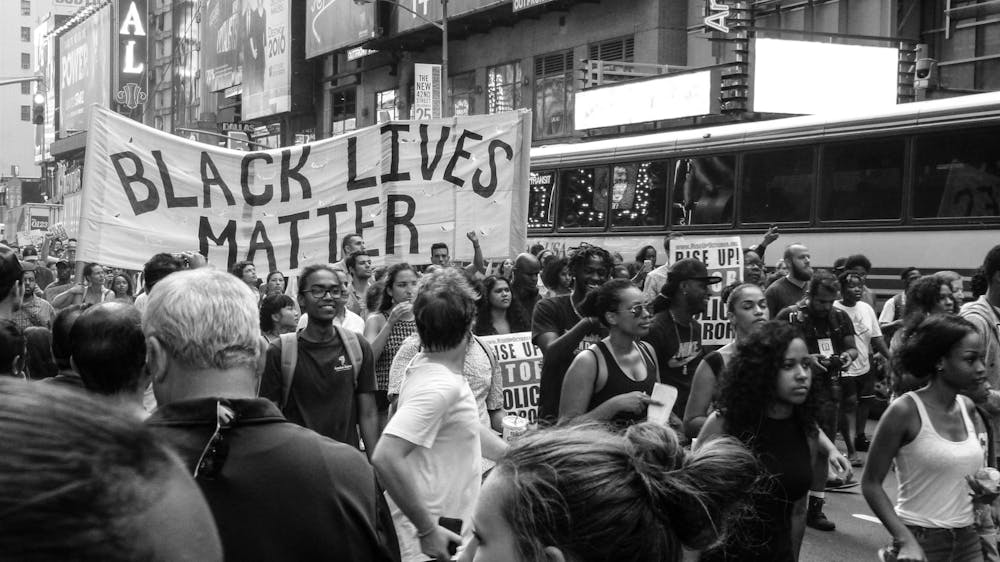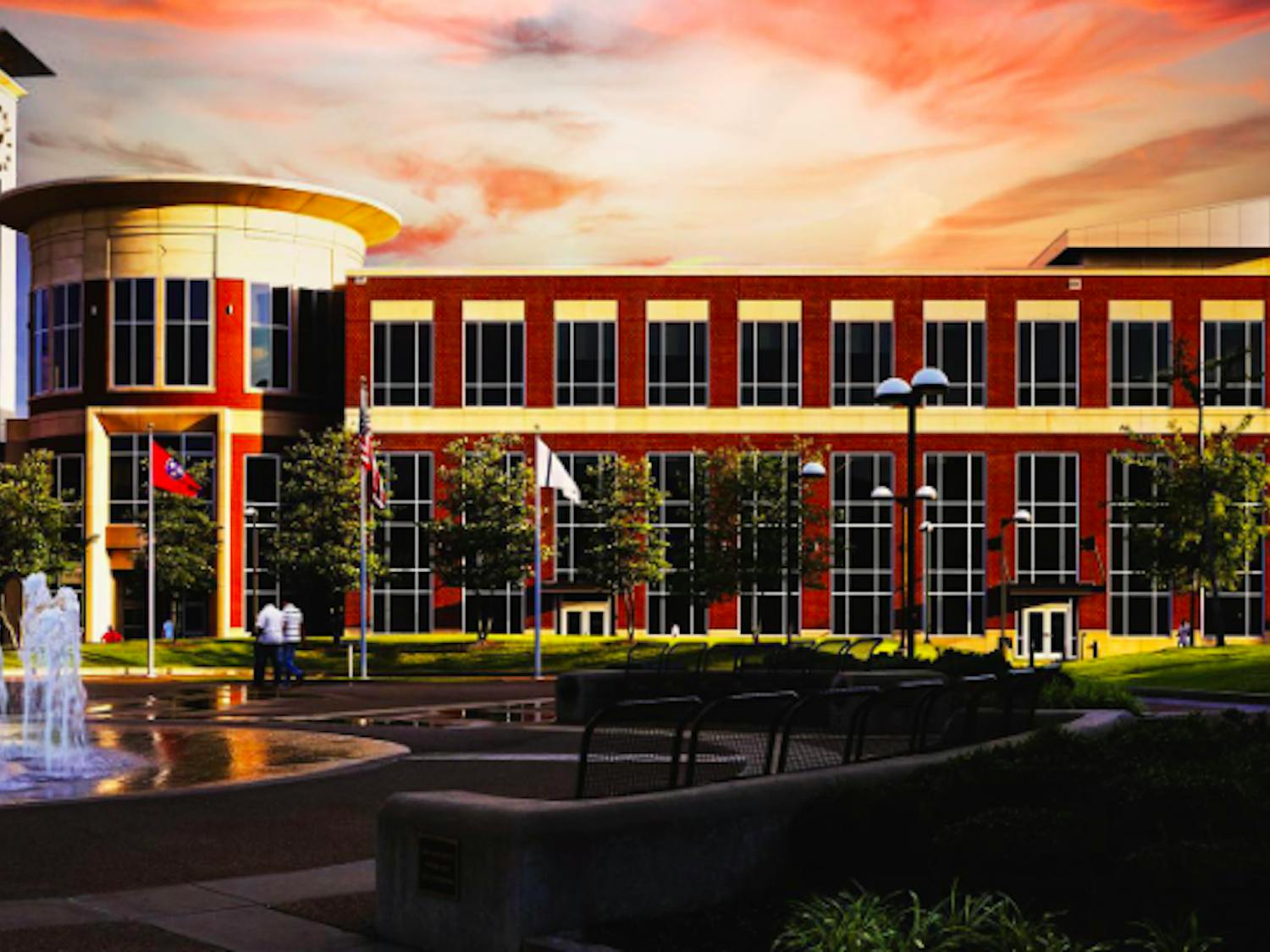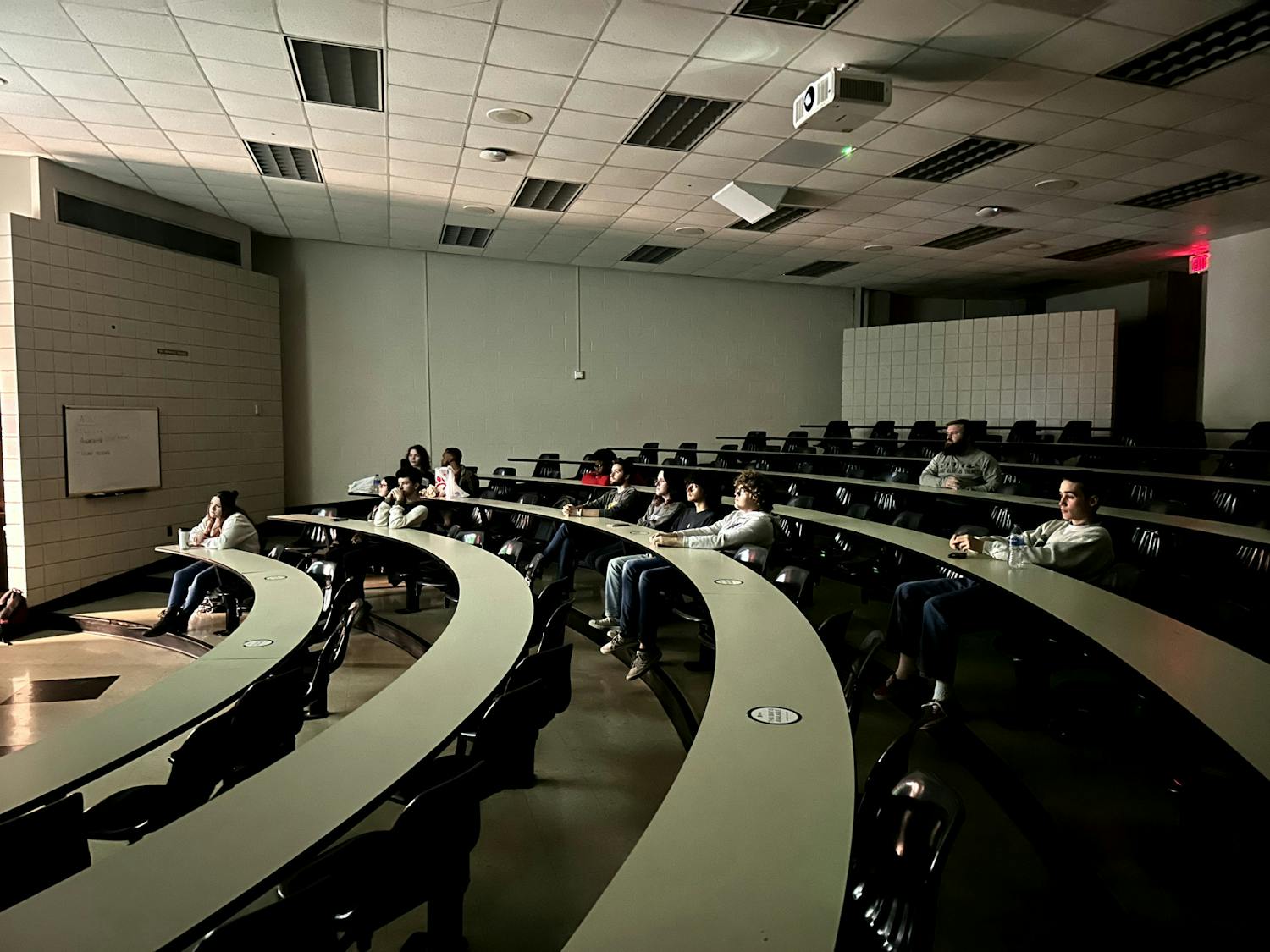The University of Memphis journalism department will offer a new class next semester that delves into the history of racial violence and injustice in the Mid-South.
Social Justice Writing and Reporting will analyze past cases of racial violence in-depth, especially those which never received adequate attention in the media and are not in the public consciousness today. This spring's class will focus on the Memphis Massacre of 1866.
Laura Faith Kebede will lead the class. Kebede is the coordinator of Civil Wrongs at the Institute for Public Service Reporting, an independent newsroom on the U of M campus that focuses on investigative reporting and "civic-minded journalism" while offering hands-on training for Memphis students. The latest series by IPSR, Civil Wrongs, coinciding with Kebede's class, also focuses on racial injustice in the region.
"It'll be a project-based class, and each semester we will examine a different case of racial terror," Kebede said. This will include murders, lynchings, and large-scale crimes from the reconstruction era all the way to the civil rights movement and into the present day. "Being able to not just say what happened in the past, but why it matter[s] today, and what are the connections to present-day issues that we can explore. Ultimately the past has lots of implications for the present."
Kebede has years of experience in community-focused journalism. She recently worked as a reporter for Chalkbeat Tennessee, covering K-12 education and ways to involve the community in their children's education system.
"What I was really proud of at that time was being able to bring community voices into how we do our reporting," she said. "Being able to ask folks, what is it that's important to you that we write about? That way, we can find the information that will help you make better decisions."
As part of the course curriculum, students will spend time researching local historical events such as the Memphis Massacre of 1866. The massacre ensued from racial hostilities in the immediate aftermath of the Civil War. A dispute between black Union soldiers and white Memphis police resulted in the deaths of nearly 50 people, the majority being black soldiers and civilians.
"A lot of black folks migrated to Memphis because that meant freedom for them, so it created a lot of tension that kind of blew up in 1866," Kebede explained. "What's really interesting about this case is that Congress actually created this 600-page report about it. Eventually, it became part of the reasoning why the 14th Amendment was passed."
A big goal Kebede wants to achieve with the class is finding and making contact with descendants of survivors of the massacre. "That's gonna take some intense researching and reporting," she said. "I think that would be really awesome if we could pull it off."
Kebede believes studying past events such as this is crucial to understanding why society functions the way it does and to help people determine whether that status quo should remain.
For example, while researching Civil Wrongs' first story, a podcast on the lynching of Ell Persons in 1917, Kebede began to understand the link between how police interrogations were conducted over one hundred years ago and the tactics used today. At the time, Kebede says it was common for police to use torture to gain confessions.
"Even though that was ruled unconstitutional, there was nothing explicitly said like, 'here's what we can do instead,'" she said. "And so a lot of experts in psychology and police work, they see a very clear connection between, because we didn't put an alternative out, that kind of morphed into psychological tactics that can still produce inaccurate information about a crime."
Social Justice Reporting is a Tuesday and Thursday class. Kebede said most classes will involve learning research skills, listening to guest lectures, and workshopping together to research and work out issues with reporting. Much of the class will focus on the historical event, the Memphis Massacre of 1866, and how it connects to current issues.
"Memphis has a very deep connection to one of the amendments that is the basis of so many rights today, but it's not really well known," she said. "So the hope is that we can explore that more and bring awareness to that."
The class code for Social Justice Writing and Reporting is JOUR 4185. For more information on the IPSR and their Civil Wrongs series, visit https://www.psrmemphis.org.






